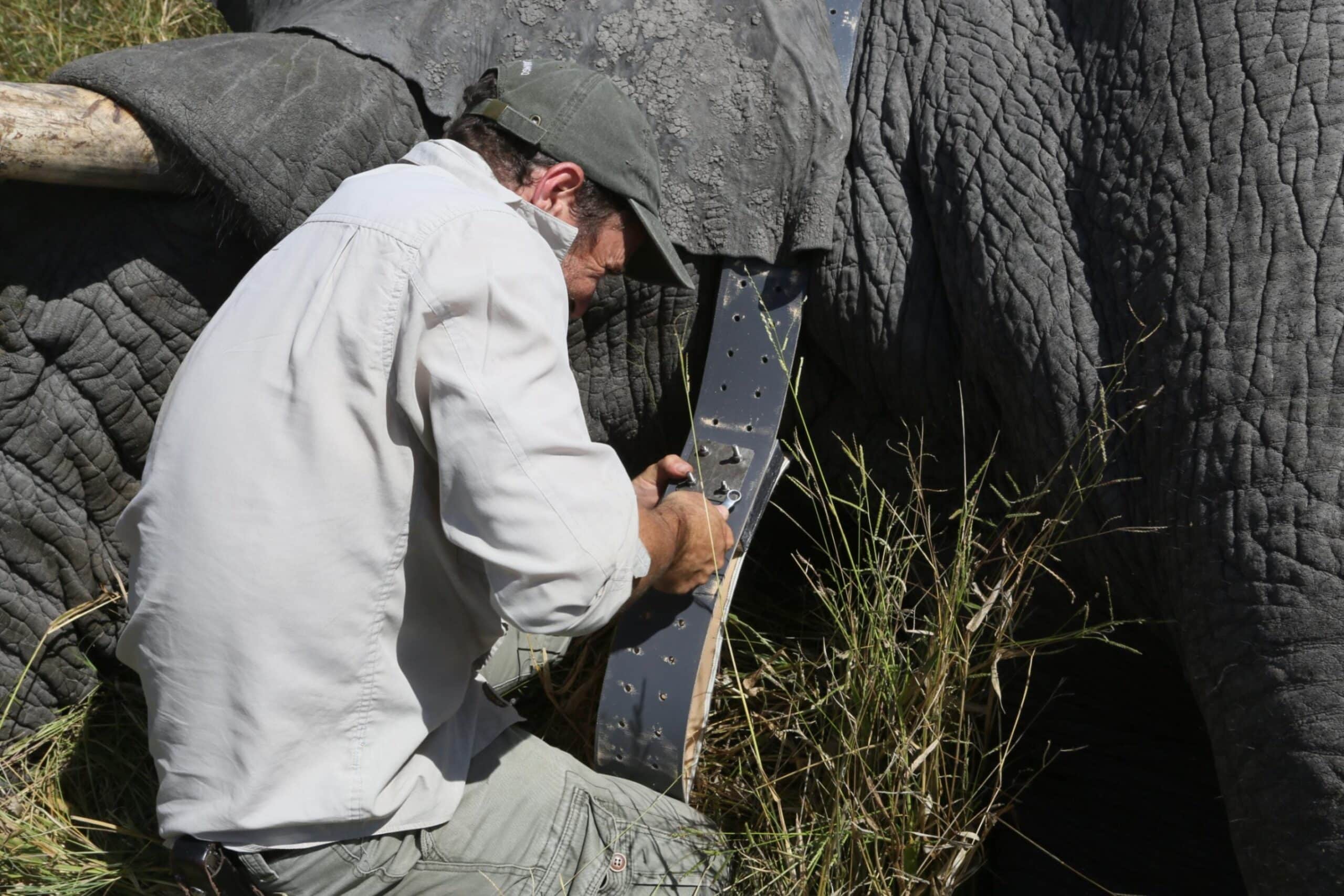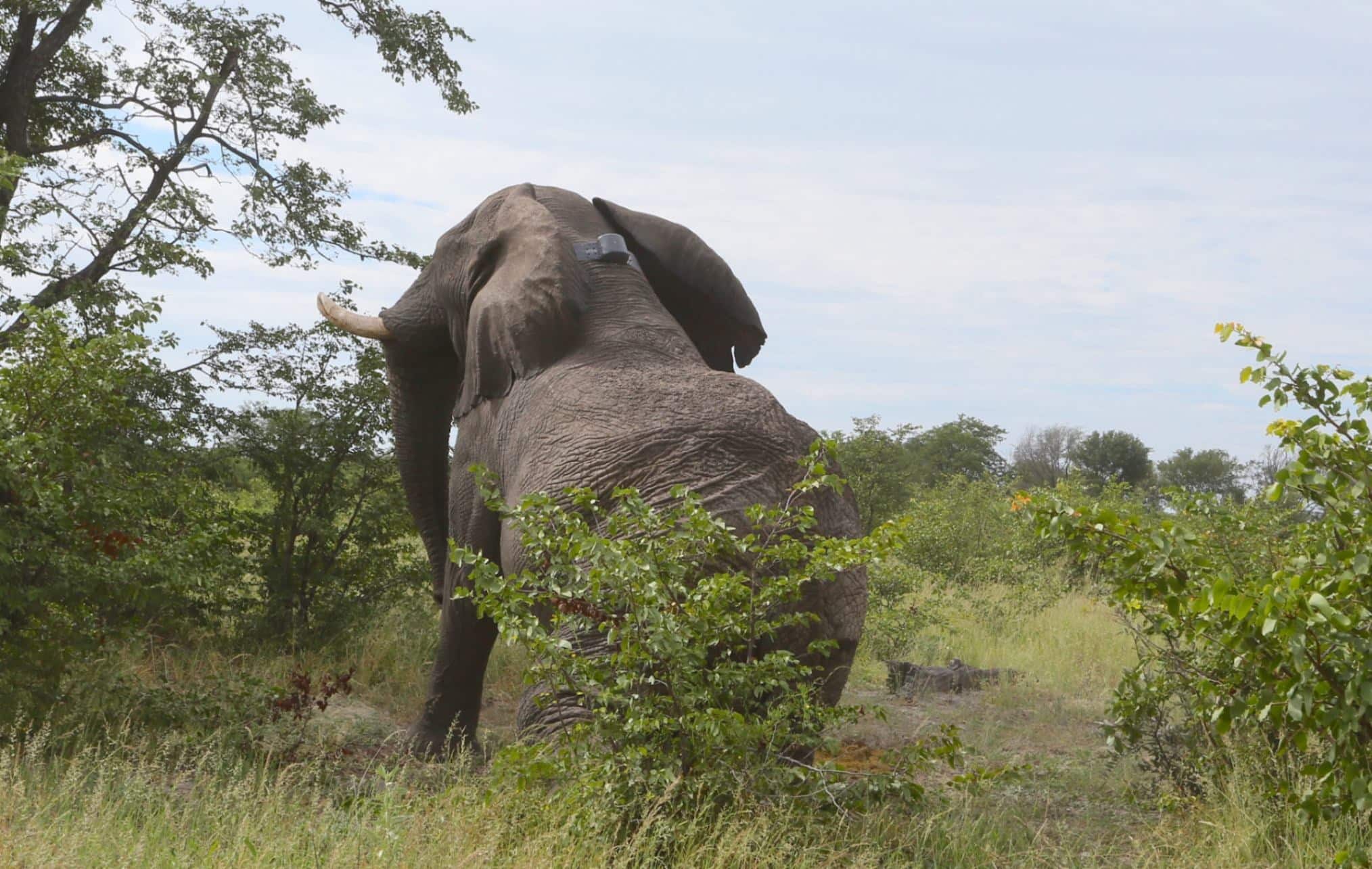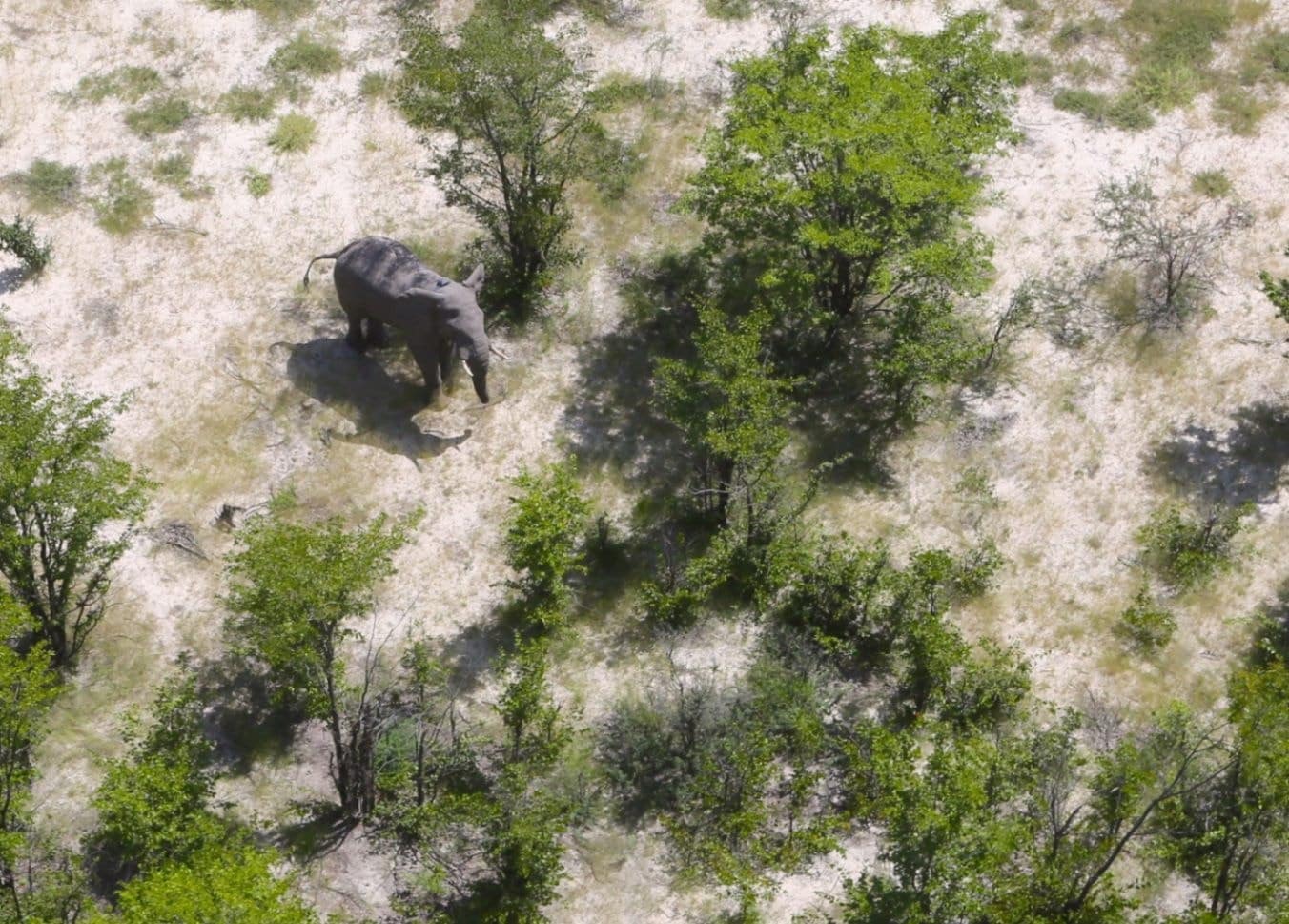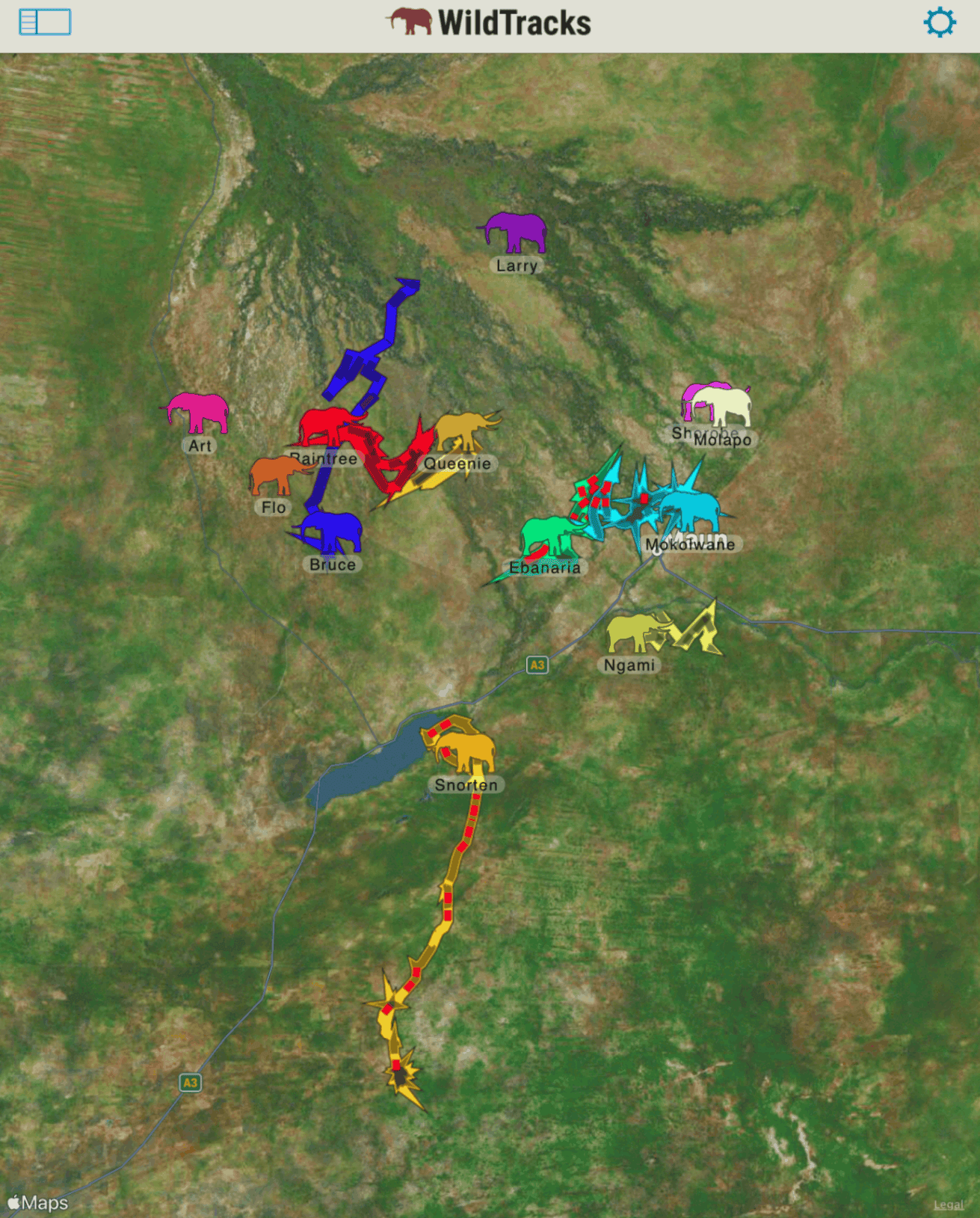Habitat loss and fragmentation are the leading causes of human-elephant conflict (HEC). The piecemeal conversion of wild-lands into human settlements and agricultural land gives rise to a complex landscape in which humans and elephants compete for resources in the same space. This is the case in the Okavango Delta, a critical elephant landscape that sees some of the highest rates of HEC incidents in Botswana, mainly as a result of competition for land and water resources.
To tackle this growing threat, ECF grantee Ecoexist Trust is taking a holistic approach to conservation by taking into account the needs of elephants as well as the people that share these landscapes. Using Land Use Conflict Identification Strategy (LUCIS) modeling, Ecoexist is identifying the most suitable zones for different land uses to avoid overlapping people with elephants and hence to avoid conflict. LUCIS combines GIS mapping and modeling with stakeholder participation, including community involvement, to protect elephant corridors from future development.



